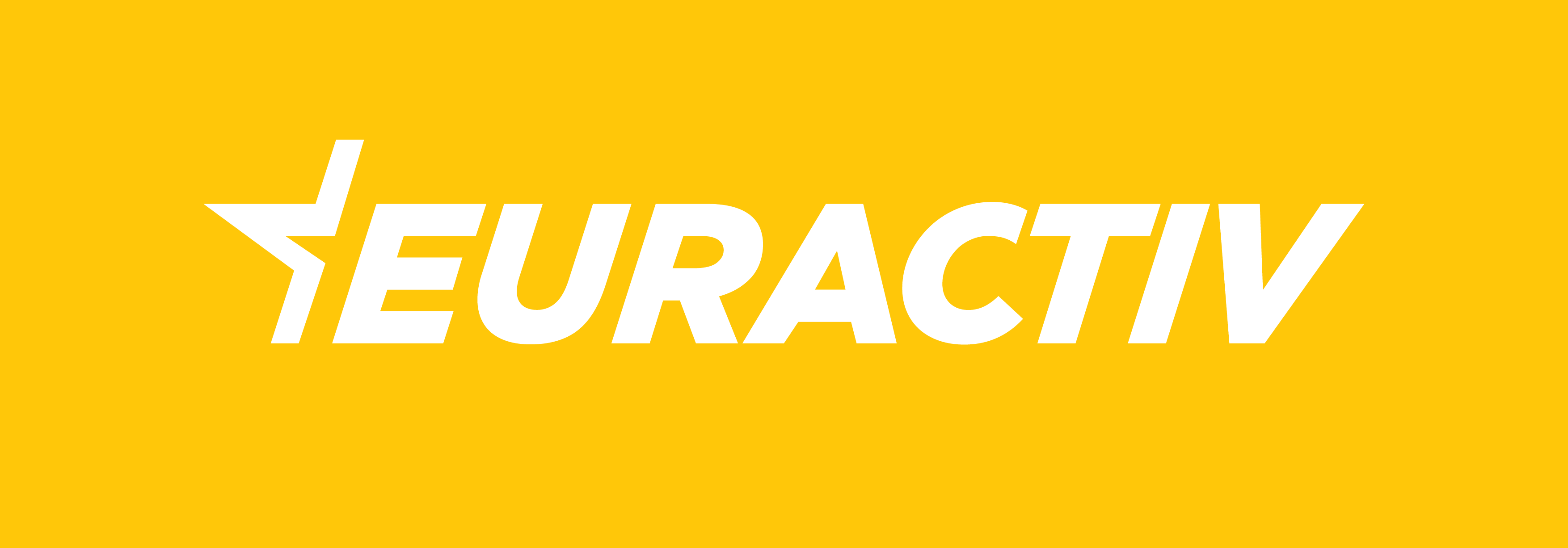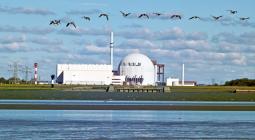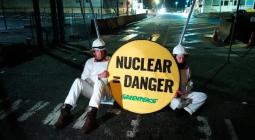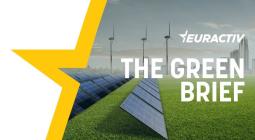Nuclear alliance aims for 150 GW of nuclear capacity in EU by 2050
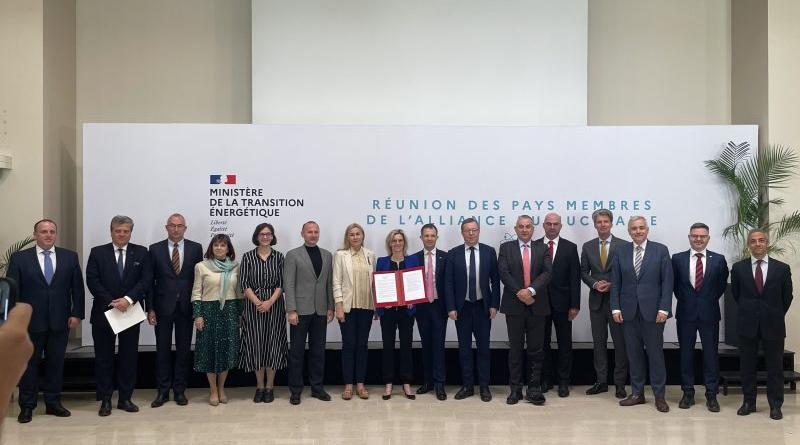
The 16 European countries participating in the “nuclear alliance” will prepare a roadmap to develop an integrated European nuclear industry reaching 150 GW of nuclear power capacity in the EU’s electricity mix by 2050.
Read the original French article here.
The French Minister for Energy Transition, Agnès Pannier-Runacher, brought in Paris on Tuesday morning (16 May) 15 ministers and high-level representatives from the “nuclear alliance”.
In addition to France, these included Belgium, Bulgaria, Croatia, the Czech Republic, Finland, Hungary, the Netherlands, Poland, Romania, Slovenia, Slovakia, Estonia, Sweden, Italy as an observer and the United Kingdom as a guest.
Sweden did attend, although it had remained neutral in previous meetings due to its role as holder of the rotating EU Council Presidency.
On Tuesday, the group met exclusively to discuss the alliance after a first meeting in Stockholm at the end of February on the margins of an informal Energy Council meeting and a second in Brussels at the end of March.
The UK is currently developing two French-made EPR2 nuclear reactors at Hinkley Point C, and two more are in the early stages of construction.
Together, the representatives signed a joint declaration in which they stated their objective of developing 150 GW of installed nuclear capacity in the EU by 2050.
To achieve this, the alliance urges the European Commission to promote this policy “in the EU’s energy strategy”, reads the joint declaration signed on Tuesday.
EU Energy Commissioner Kadri Simson said she was in Paris “to listen to [the represented states’] concerns”.
Ahead of a further meeting, likely on 19 June in Luxembourg on the margins of the European Energy Council, the states parties to the alliance will prepare a roadmap to detail their ambitions.
The European Commission has also “asked for a common paper highlighting the nature of the projects”, said Pannier-Runacher.
cover photo:The French Minister for Energy Transition, Agnès Pannier-Runacher, brought together in Paris on Tuesday morning (16 May) 15 ministers and high-level representatives from Belgium, Bulgaria, Croatia, the Czech Republic, Finland, Hungary, the Netherlands, Poland, Romania, Slovenia, Slovakia, Estonia, Sweden, Italy and the United Kingdom. They are all part of the "nuclear alliance". [Paul Messad / EURACTIV France]
